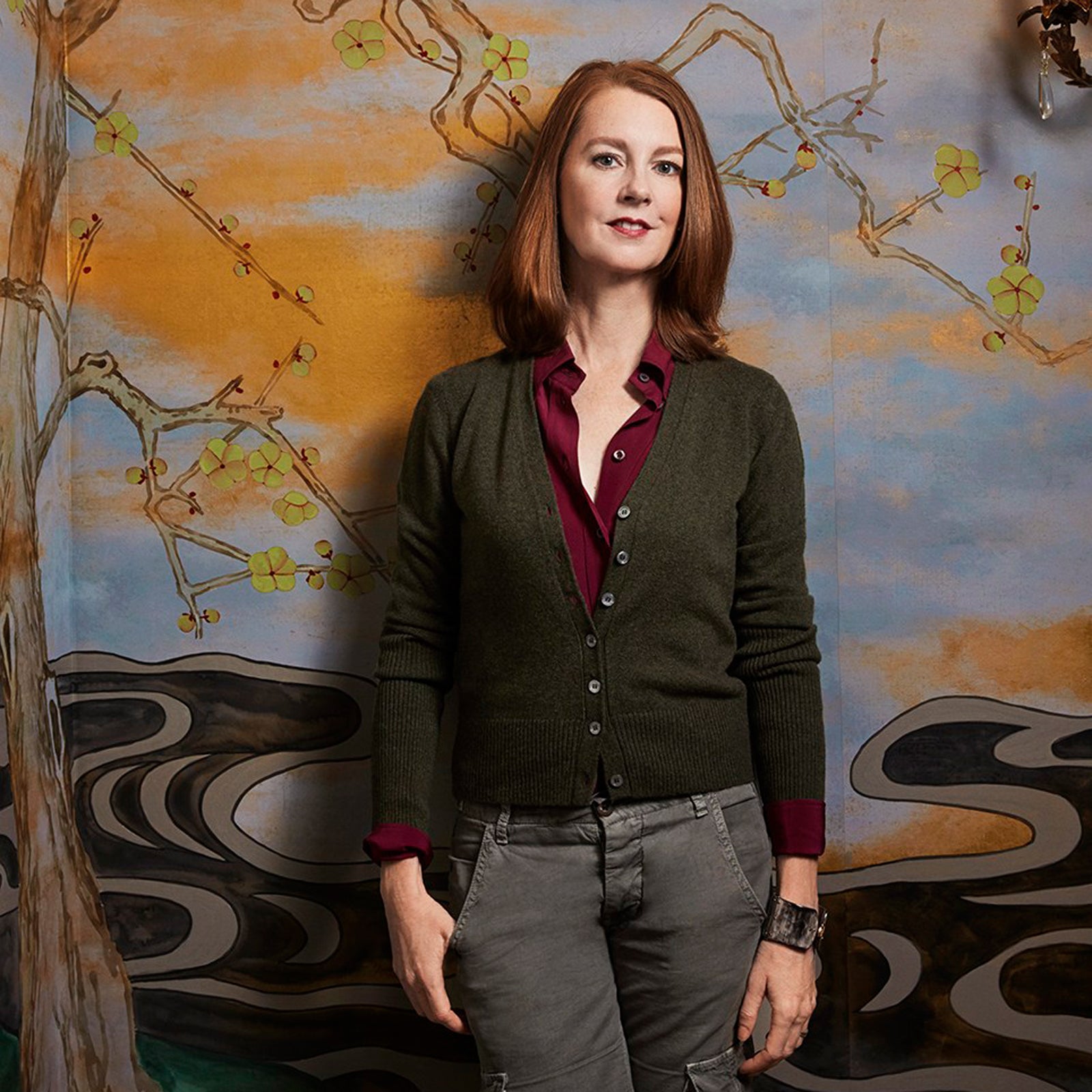has gained a massive following by exploring ways we can make ourselves happier. Her books, including , , , and , have sold three million copies worldwide in more than 30 languages. On her popular weekly podcast, , she discusses good habits and happiness with her sister, Elizabeth Craft.
In an episode of , Rubin and Ferriss talked about New Year’s resolutions, pre-bedtime rituals, and Rubin’s personal tactics for when she’s feeling overwhelmed. Below is an excerpt of the discussion, edited by ���ϳԹ���.
Ferriss: I’ve read that one reliable, small change that people can do to make them predictably happier is making their bed every day. Are there other small changes that you would recommend to improve one’s well-being?
Rubin: Something that seems to work for a lot of people is the . This is the rule that if there’s anything you can do in less than a minute, you do it without delay. So if you can print out a document, scan a letter and throw it away, hang up your coat instead of dumping it on a chair, do it. And what this does is just get rid of that kind of scum of stuff on the surface of life. For a lot of people, they say just doing this makes them feel like they’ve got the little things out of the way, and so now they’re ready to tackle the big things.
And getting enough sleep, of course. That is a huge one. Most adults need seven hours of sleep, and they know what time they’re gonna get up in the morning. Do the math, and give yourself an alarm so it’s not like, Oh, I go to bed when I’m tired. It’s like, My bedtime is 10:30 P.M. Another habit that can help with this is to get ready before your bedtime. I realized that I was staying up late because I was too tired to wash my face and take out my contacts and change my clothes. It’s clearly a very stupid approach. Now I get ready much earlier, so when I’m actually sleepy, it’s easy to turn out the light.
In other words, you do your pre-bed ritual well before you need to go to bed.
Yes. I’m a sleep zealot. But if you’re looking for a habit that will make you more energetic and more immune to illness, give you higher focus and function, a better temper, and just feel better, get more sleep. We really adjust to not getting enough sleep. People think that they’re fine. They’re like, “Oh, I’ve trained myself to get by on four hours of sleep. That’s no problem for me.” But when scientists study these people, they’re quite impaired.
What are some of the changes you’ve made that have had the greatest impact on your level of happiness?
Well, one thing that I did was, four years ago, I quit sugar and, basically, carbs. So I don’t eat sugar, pasta, flour, starchy vegetables. And this, for me, was the greatest thing. I had always had a really terrible sweet tooth, and I hated the feeling of, like, Can I have this? Or, It’s just a bite. That whole thing. It’s easier for me to have none than to have a little bit. I just gave it up. For me, it was just the most freeing, energizing positive change.
Do you set New Year’s resolutions for yourself? Is that a practice that you have?
Kind of my job is to have resolutions, so I don’t really make New Year’s resolutions in the same way. One thing I’ve done many times is pick a one-word theme for the year, which is a different take. In 2018, my word was delegation. My sister’s one year was hot wheels, because she wanted to get a new car. But I don’t really make traditional New Year’s resolutions anymore, partly because I make so many resolutions as part of my ongoing experiment in happiness and good habits. If something occurs to me, I usually try it right away.
On your Happier podcast, you always offer a “try this at home,” which is a concrete thing people can do in everyday life to be happier. Which “try this at home” has had the strongest response to date with your audience?
Oh, my gosh. There are just many. One thing though, which we didn’t actually do as a “try this at home,” was suggested by my mother. She was like, “If you see somebody every day, you have tons to talk about with them, but if you see people once every six months, it’s hard to make conversation.” So my mother said, “Let’s e-mail each other with just, like, the boring details of everyday life.” In our family, we now send these updates maybe every four or five days. And it’s just the most boring things. My mother will be like, “I’m getting my hair colored later today.” Or I’ll be like, “Eleanor’s really annoyed because Barnaby tracked snow all over her bed.” It’s the most mundane stuff, but we find that it dramatically increases our feeling of connection with each other. And nobody ever responds to updates, so there’s no guilt.
We thought it was just our idiosyncratic family, but over time, it’s the thing where people are like, “Tell me again, what’s the update? Because I want to do that.” People do it all different ways—group texts, private groups on Facebook—but the idea is that it’s better to have frequent, boring, mundane communications than to save it up for when there’s something big to report. Because that’s not how relationships work. Relationships thrive when people are really in touch with each other.
When you feel overwhelmed or unfocused or feel like you’ve lost focus temporarily, what do you do?
Oh, I reread a children’s book. For sure.
Is there a go-to?
I’ve got a million go-tos. In fact, Harry Potter, I have to hold back Harry �ʴdzٳٱ��—do not let myself reread it, reread it, reread it—I have to hold it for a moment of need. When I got the edits back from my editor for my book Better Than Before, I’m like, And now I’m gonna start rereading Harry Potter. I need it now. This is the time. Because I’m processing all of this stuff.
I love rereading adult books, too. I reread adult books all the time. But there’s something very comforting about a children’s book, particularly. C.S. Lewis. How many times have I read The Lion, the Witch and the Wardrobe? Easily could be 40. Could be more. Sometimes it’s how I know I’m feeling overwhelmed. I’m like, Oh, I’m reading The Dark is Rising by Susan Cooper again. I wonder if I’m feeling a little bit stressed out. My reading choice tells me more about my emotional state than I’m even aware of.
That’s your divining rod.
Yeah, yeah, yeah. It’s like my psychiatrist.


